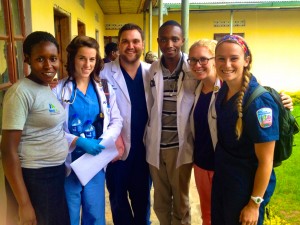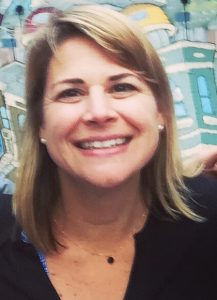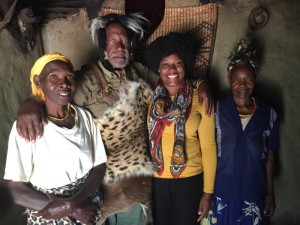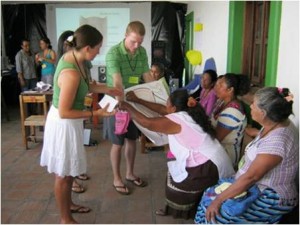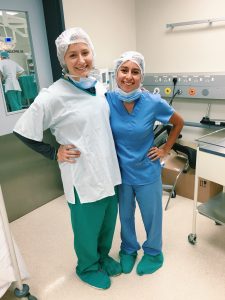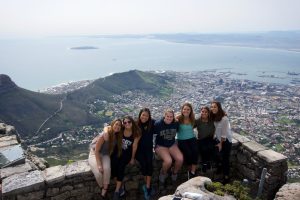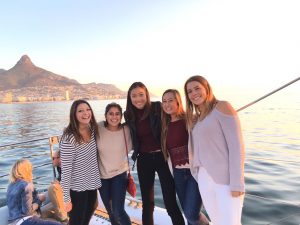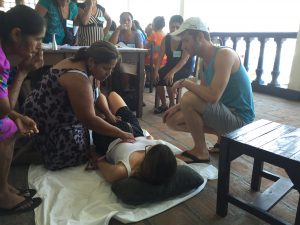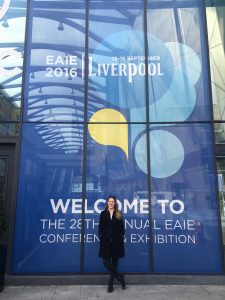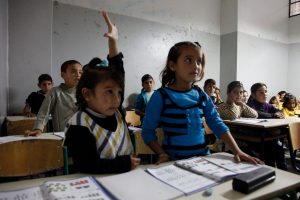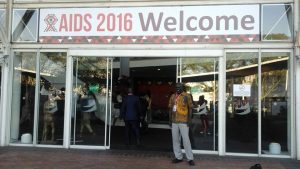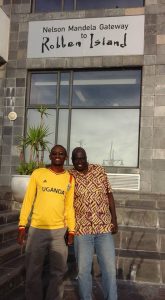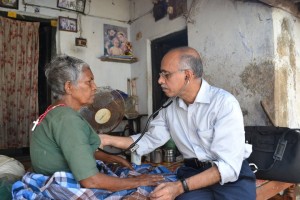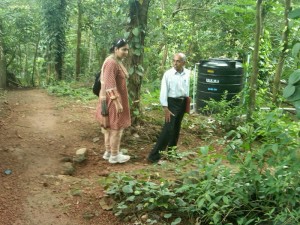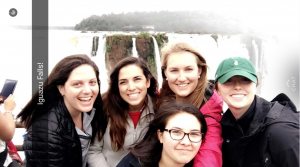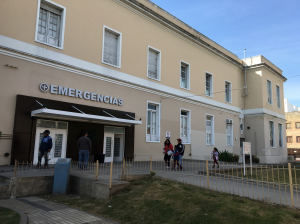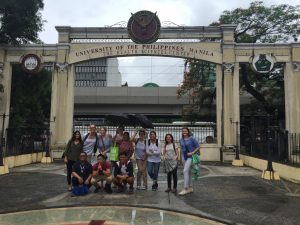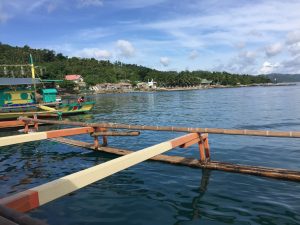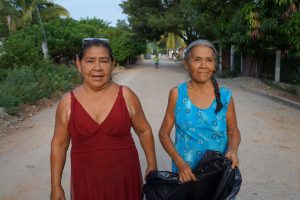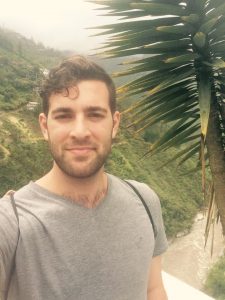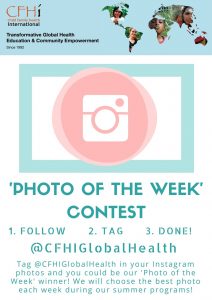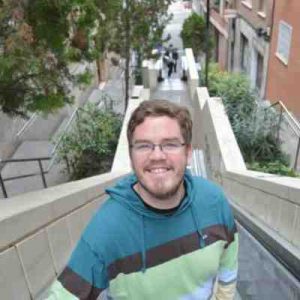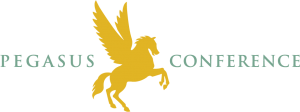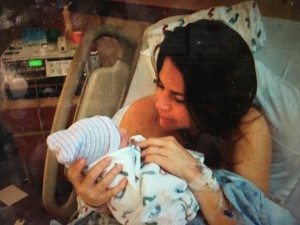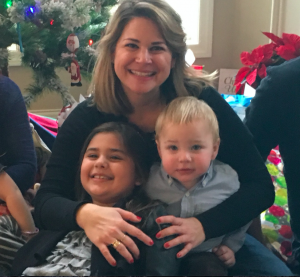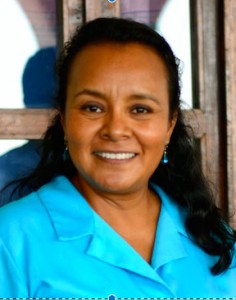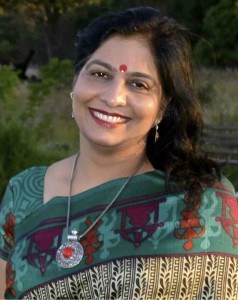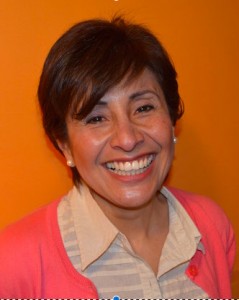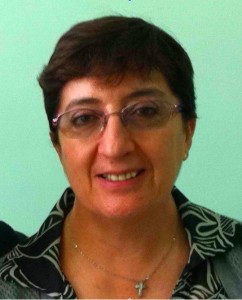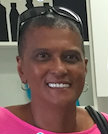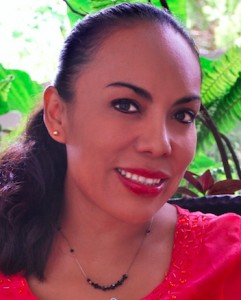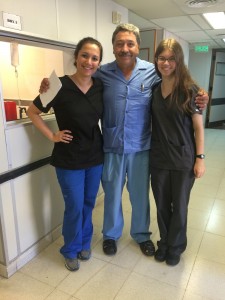
by Robin Young
Assistant Director, Africa and Asia
“The first year that the Northeastern Students came to the Tunaweza Children’s Centre in Uganda, it was wonderful!” shares Titi Pamela Kakonge, founder of the Centre, which offers a range of therapies for children with disabilities. “But then they left, and all the local parents withdrew their children from our school. They thought that since the Mzungus (white people) had gone, the program was over.”
The vacuum left by the departing students was gaping, despite the fact that the Centre was led and staffed by a robust local team. After that, Ms. Kakonge and Northeastern University worked together to find ways to ensure that the community saw the local staff as the leaders and the teachers, not vice versa. Today the Centre runs year-round, successfully receiving interns from Northeastern and other institutions, with clear local leadership and well-defined job descriptions for the physical and speech therapy interns.
I heard Ms. Kakonge speak at the Global Internship Conference in Boston earlier in June, at a session titled “Tunaweza Children’s Centre- We Can: An Interprofessional, International Partnership with Northeastern University’s Bouvé College of Health Sciences.” Ms. Kakonge founded the Centre while searching for adequate care and services for her daughter who was born with disabilities. The challenge that she highlighted above has been well documented.
Pamela Roy, Farzana Karim-Haji, and Robert Gough call this the ‘revolving door’ nature of exchange between students and hosts, and propose several ideas for host communities to address this ethical dilemma, all of which Northeastern is now utilizing. They suggest making certain that students are sufficiently prepared for the experience, taking steps to ensure that host community needs are truly being met through the internship, and equipping students to listen, observe, and learn from the host community.
During their session at the GIC, Roy, Kaim-Haji, and Gough, drawing on their experiences at Aga Khan University, Western University, and the Consultancy for Global Higher Education, highlighted a new, open-access resource they have developed, titled “Building Ethical Global Engagement with Host Communities: North-South Collaborations for Mutual Learning and Benefit.” In it, they compile recent findings and summarize the ethical dilemmas that challenge all of us who engage in North-South Global Internships, including mobility inequality (in which students from the north have more access to the south in terms of professional development and career opportunities than vice versa); exploitation of the host community as research participants; and unethical marketingand advertisement to promote global internships, to name a few. The resource offers definitions of these dilemmas and offers a series of recommendations that can help all of us in the field to improve our global internship offerings.
At CFHI, we’re always thinking about how to offer internships that, to quote a recent publication on short-term global health experiences, “Optimize community benefit and learner experience.” From where we stand, an internship should only take place if we can ensure that it benefits, within an ethical framework, our partners around the world, as well as the intern. We do this by engaging in fair trade learning practices, ensuring that our partners are fairly compensated for their work and have substantial leadership and input into all internships and programming; by requiring our participants and interns to complete the Global Ambassadors for Patient Safety modules, preparing them to engage in ethical medical practice that prioritizes patient safety at all times; and by inserting interns into existing healthcare and social service systems, with local leaders who focus on assets rather than deficits in their communities. I had the opportunity to share some of these resources during a session at the GIC alongside Moira Mannix Votel, Associate Co-op Coordinator & Director of Cooperative Education at Northeastern University’s Bouve College Cooperative Education.
At CFHI, we strive to close the ‘revolving door’ referred to earlier. It is important to us to create leaders for the future who understand a larger view of the world beyond their own. We are continuously pushed and encouraged by the input of our colleagues in this field and look forward to moving this conversation forward at any opportunity.
Ro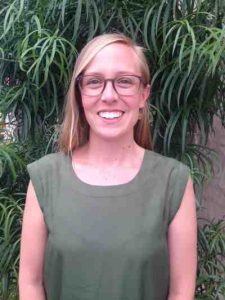 bin joined the CFHI team in 2015. As Assistant Director, Africa and Asia, she provides program management and support for CFHI’s programs, helping to ensure program safety and quality, best practices in international education, and strong institutional and global partnerships. Robin’s professional background includes extensive work in international education, global health, and asset-based development. Robin holds an MBA from Florida International University and a BA in Sociology/Anthropology with a minor in Ethnic Studies from Lewis and Clark College. She completed a course at the Summer Institute for Intercultural Communication, helping to inform her interest in increasing intercultural competency in global work and education, and subsequently co-authored the Cultural Detective Dominican Republic series. Robin received a Fulbright Fellowship grant in 2007 and spent a year researching gender-based violence in the Dominican Republic, where she ended up living for nearly 5 years. Robin is passionate about supporting thoughtful, ethical and asset-based strategies to address health disparities and support underserved communities. She lives in the Bay Area and loves backpacking, riding her bike, and spending time with family and friends.
bin joined the CFHI team in 2015. As Assistant Director, Africa and Asia, she provides program management and support for CFHI’s programs, helping to ensure program safety and quality, best practices in international education, and strong institutional and global partnerships. Robin’s professional background includes extensive work in international education, global health, and asset-based development. Robin holds an MBA from Florida International University and a BA in Sociology/Anthropology with a minor in Ethnic Studies from Lewis and Clark College. She completed a course at the Summer Institute for Intercultural Communication, helping to inform her interest in increasing intercultural competency in global work and education, and subsequently co-authored the Cultural Detective Dominican Republic series. Robin received a Fulbright Fellowship grant in 2007 and spent a year researching gender-based violence in the Dominican Republic, where she ended up living for nearly 5 years. Robin is passionate about supporting thoughtful, ethical and asset-based strategies to address health disparities and support underserved communities. She lives in the Bay Area and loves backpacking, riding her bike, and spending time with family and friends.
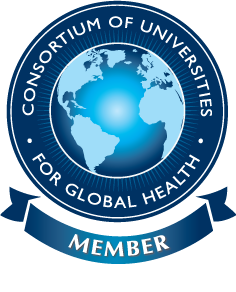
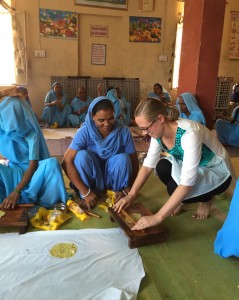 from the fields of public health, medicine, and more have all defined this term in different ways. That is why when the Consortium of Universities for Global health convened in 2008, one of the items that members called for was to define the field of global health and standardize required curricula and competencies for the emerging discipline.
from the fields of public health, medicine, and more have all defined this term in different ways. That is why when the Consortium of Universities for Global health convened in 2008, one of the items that members called for was to define the field of global health and standardize required curricula and competencies for the emerging discipline.